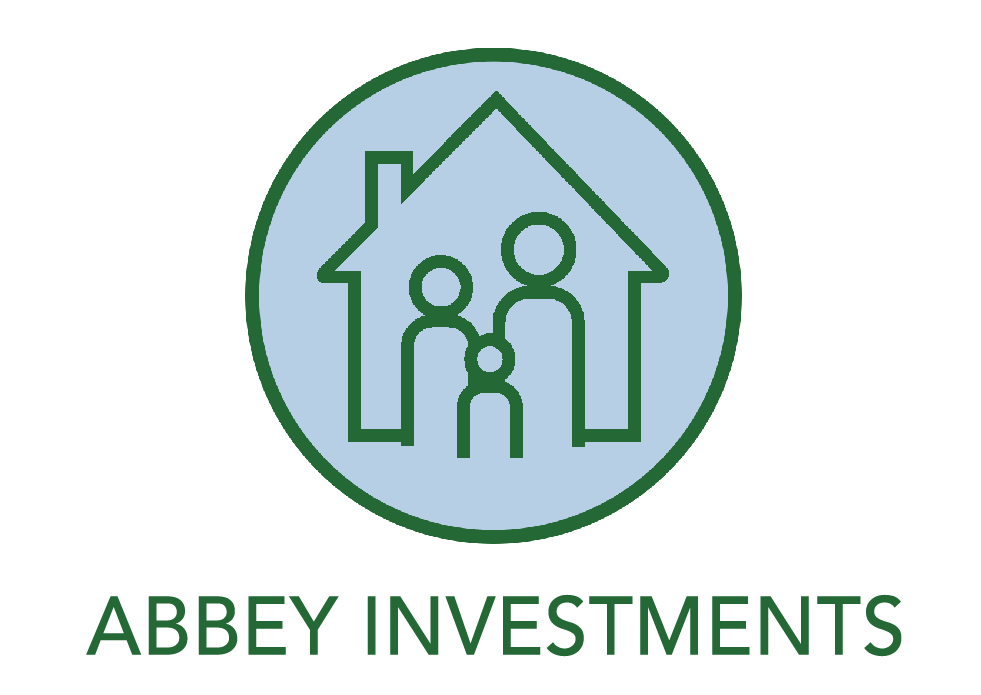What is Section 106?
As part of the Town and Country Planning Act 1990, Section 106 refers to the legal agreements between Local Authorities and developers. These are drafted when a development is deemed to have a considerable impact on its local community. Even the impact from a single-household home could be regarded as impactful, with another car using the local roads and another family putting a strain on public services and resources.
Section 106 agreements often involve a financial contribution, made by a developer before starting a project. The requirements depend on the needs of the community and the amount to be contributed is often measured by councils according to the number of bedrooms in a property. Planning obligation financial contributions often go towards the development or maintenance of public open space, education, highways, town centre improvements and health services.
For larger developments, a common requirement within Section 106 is that developers provide Affordable Housing as part of the development to mitigate social impact and address the social housing shortage across the U.K. According to the Department for Communities and Local Government, “The Government is keen to encourage development to come forward, to provide more homes to meet a growing population and to promote construction and economic growth.”
In fact, Section 106 agreements are one of the major driving forces behind Affordable Housing property development in the UK. A report by Savills in April 2019 revealed that Section 106 was responsible for 47% of total new build Affordable Housing delivery over the past three years - amounting to 18,000 homes per year.
At Abbey Investments, we welcome partnerships with property developers around England and Wales who are looking to fulfil their Section 106 Affordable Housing provision agreements. Drawing on our financial resources and planning expertise, we can purchase Affordable Housing from the outset of a development or scheme and we can work alongside developers to ensure that standards and requirements are being met, specific to the criteria outlined by Local Authorities, Housing Associations, Care Providers and Commissioning Officers.
Our experience and established network can ensure that the fulfilment of Section 106 Affordable Housing agreements can be a seamless process for developers, leaving them to focus on the building itself under the assurance that there will be a return on their Affordable Housing investment.
If you are a property developer who is obliged to meet certain Affordable Housing requirements and would like help with the development and sale of such property, we would love to hear from you.
